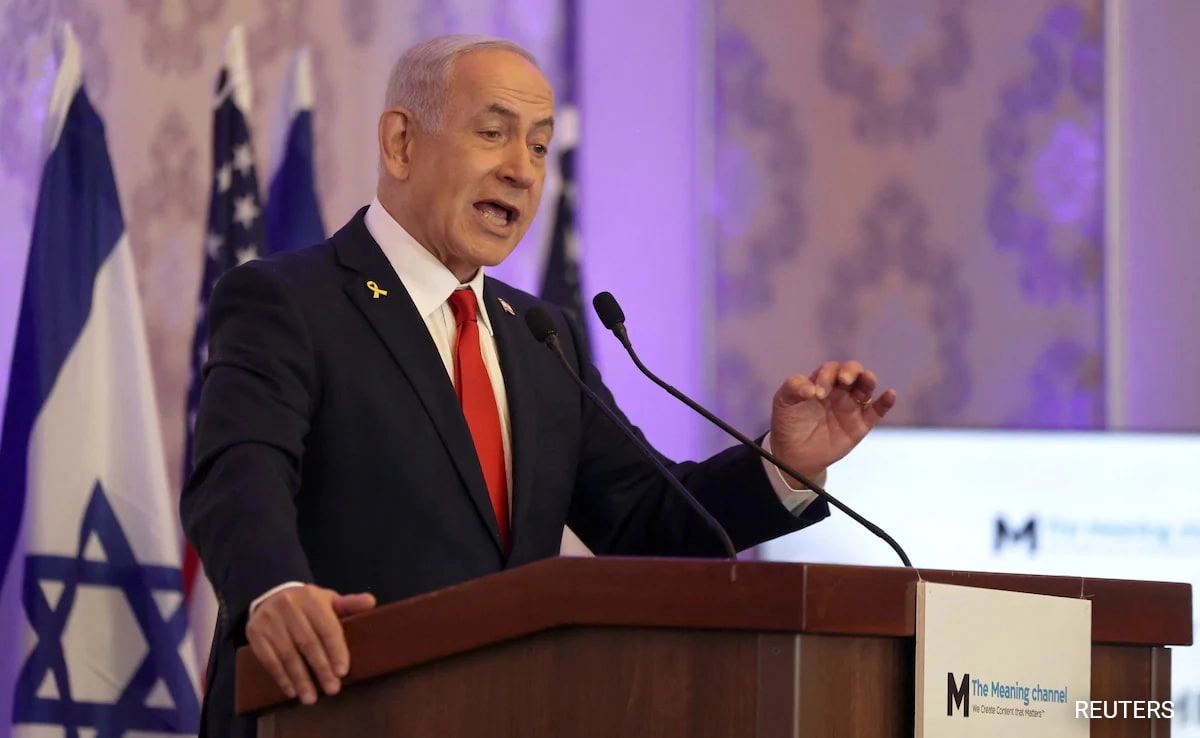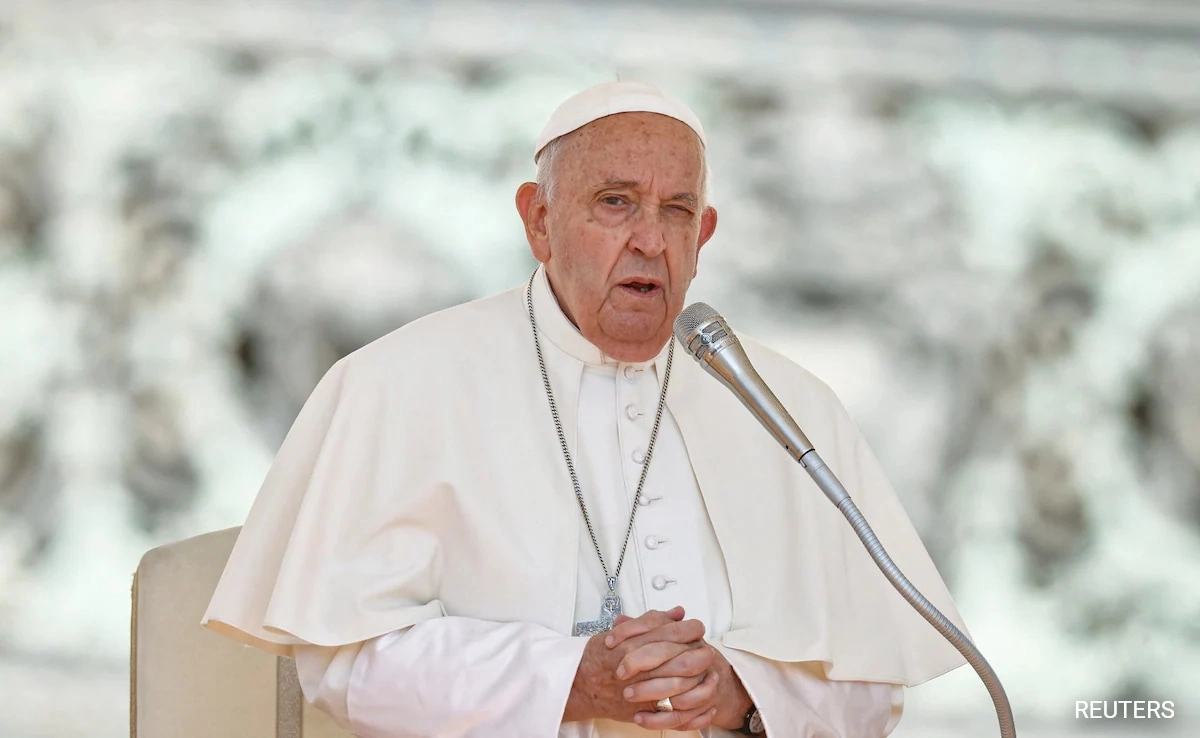The Israeli Security Cabinet has officially approved Prime Minister Benjamin Netanyahu’s controversial plan to take control of the Gaza Strip. This strategic decision comes amid ongoing tensions and violence in the region, particularly following a significant escalation in hostilities. Netanyahu’s initiative is framed as a necessary response to security threats posed by militant groups operating from Gaza, particularly Hamas, which has been involved in numerous attacks against Israeli civilians and military forces.
The approval from the Security Cabinet reflects a broader consensus among Israeli leadership regarding the need for a decisive approach to ensure national security. Proponents of the plan argue that a more direct control over Gaza could help dismantle the military capabilities of Hamas and other factions, ultimately leading to a more stable and secure environment for Israeli citizens. However, this course of action raises complex ethical and humanitarian concerns, as it could lead to increased civilian casualties and exacerbate the already dire humanitarian situation in Gaza.
Critics of Netanyahu’s plan warn that a military takeover could deepen the cycle of violence and retaliation, potentially leading to a broader conflict in the region. They emphasize the importance of pursuing diplomatic avenues and negotiations instead of military escalation. The international community is closely monitoring the situation, with various countries expressing concern over the humanitarian implications of the proposed actions. The approval of Netanyahu’s plan marks a critical juncture in Israeli-Palestinian relations, with potential ramifications for peace efforts in the region.
As the situation unfolds, it remains to be seen how the plan will be implemented and what the immediate consequences will be for both Israelis and Palestinians. The ongoing conflict has deep historical roots, and any moves perceived as aggressive could inflame tensions further. Balancing security needs with humanitarian considerations will be a significant challenge for the Israeli government as it navigates this precarious landscape. The stakes are high, and the decisions made in the coming days will likely shape the future of the region for years to come.




